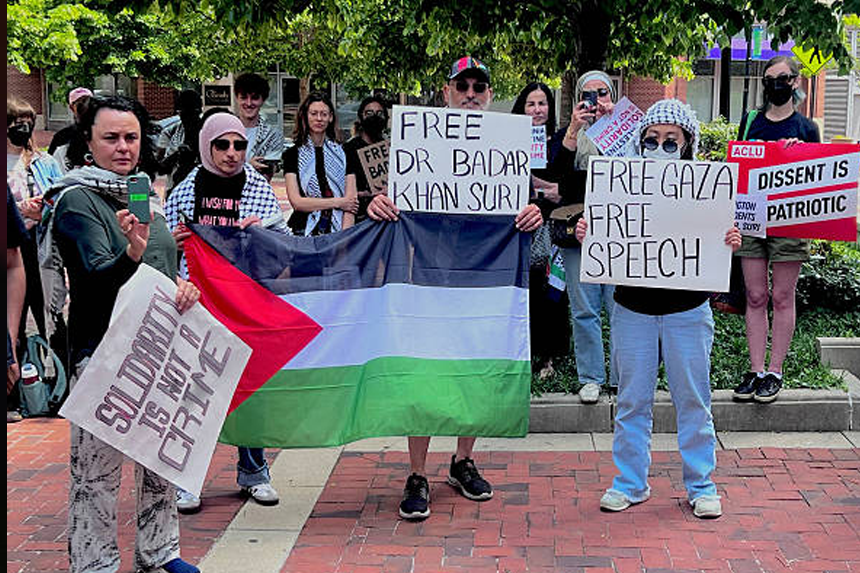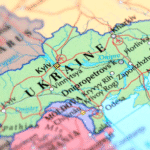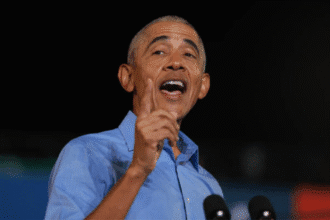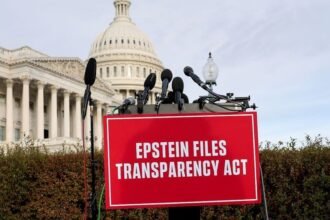Recently released from a Texas jail facility, Georgetown University scholar Badar Khan Suri was arrested about Palestinian rights activist cases garnering more and more attention throughout the United States. His detention and eventual release highlight the rising conflicts between national security issues and the defense of free speech rights for individuals supporting Gaza and Palestinian dignity under protracted political and humanitarian suffering.
- What lessons about advocacy for Gaza can cases of Palestinian rights activism expose?
- Why Should Cases of Protecting Palestinian Rights Activism be a Priority?
- How could cases of Palestinian rights activism affect public and scholarly discourse?
- Regarding cases of Palestinian rights activism, what should be done going ahead?
- Preserving Rights in Cases of Palestinian Rights Activism
March saw Mr. Suri, an Indian national postdoctoral associate, detained outside his Virginia house. His lawyers said that his incarceration was driven by his vocal support of Palestinian rights as well as by his family’s ties to Gaza, a territory long beset with war, blockades, and humanitarian problems. The government claims to link him to terrorism, notwithstanding the lack of any reliable proof presented before courts to support his arrest.
The incarceration of Mr. Suri violated his constitutional rights to free expression and fair process, said a federal judge. Pointing out that his father-in-law had moved from political engagement in Gaza to advocating peace and conflict settlement, the court also denied charges that he had ties to terrorism via the family of his wife. This crucial difference strengthened the reality that supporting Gaza does not equate to supporting terrorism.
This case highlights the larger difficulties that many students and scholars encounter in cases about Palestinian rights. Several pro-Palestinian activists have lately been subject to investigations and detentions, which raises grave questions regarding the repression of political expression and activity aiming at highlighting the situation of Gaza.
What lessons about advocacy for Gaza can cases of Palestinian rights activism expose?
Badar Khan Suri’s detention is not a single event; rather, it represents a pattern whereby anyone supporting Palestinian rights, especially with relation to Gaza, is subject to legal investigation. As governments and law enforcement authorities react to demonstrations and activity in public areas and college campuses, Palestinian rights activism cases have become more visible.
Many activists stress that their efforts center on increasing awareness of the humanitarian catastrophe in Gaza, including the consequences of the Israeli blockade, ongoing hostilities, and limitations on mobility and essential services. For millions of Palestinians, especially those living in Gaza, these campaigners contend that these circumstances have become catastrophic.
In several incidents involving Palestinian rights activism, some authorities have accused activists of assisting terrorist groups like Hamas, even though they claim their activity is solely for human rights and justice. Particularly in academic and activist circles, this confinement has raised questions about the deterioration of free speech.
Moreover, as Mr. Suri’s case shows, where the government failed to provide information linking him directly to terrorism, the legal measures against activists sometimes lack clear evidence. Rather, his support of Palestinian rights and his family ties seemed to determine his detention. This strategy raises serious issues concerning the harmony between national security and the defense of fundamental rights. Read another article on Hamdan Ballal Detention
Why Should Cases of Protecting Palestinian Rights Activism be a Priority?
Maintaining a democratic society depends on preserving free expression and political activism, especially in connection to Gaza. Representing Mr. Suri, the American Civil Liberties Union (ACLU) emphasizes the need of supporting activists who expose breaches of human rights without regard for reprisals or erroneous imprisonment.
The ACLU’s participation in this case shows a rising awareness of the need of treating instances involving Palestinian rights advocacy carefully so that real security concerns do not serve as a justification for silencing of competing opinions. Gaza-oriented activism brings important questions about humanitarian relief, international law, and human dignity — subjects worthy of honest conversation.
The Trump government has been trying to deport Mr. Suri notwithstanding his release, demonstrating the ongoing pressure against supporters of Palestinian rights. This continuous search is a perfect example of the challenges experienced by individuals engaged in these cases as judicial procedures drag on and activists live under uncertainty.
Furthermore, the climate of fear created by such detentions runs the danger of chilling free expression and preventing others from engaging in Gaza-related campaigning. On college campuses, where open communication and activity are fundamental to education and social awareness, this is especially troubling.
How could cases of Palestinian rights activism affect public and scholarly discourse?
Targeting activists like Mr. Suri has wider consequences for public debate and intellectual freedom in the United States. Traditionally, universities have been venues for candid discussion of challenging and divisive topics. But growing monitoring and research on examples of Palestinian rights advocacy runs the danger of erasing its value.
For instance, several people have been accused similarly, including Tufts University student Rumeysa Ozturk and graduate Mahmoud Khalil from Columbia University. These incidents reveal a trend whereby pro-Palestinian activity is greeted with mistrust and legal challenges, usually without evident proof of misbehavior.
Such changes run the danger of marginalizing voices supporting Gaza and simplifying difficult political and humanitarian problems to questions of national security concern. This affects not just the individuals personally engaged but also public knowledge and interaction with Palestine and Gaza.
Regarding cases of Palestinian rights activism, what should be done going ahead?
Legal systems and enforcement authorities must be able to distinguish between protected political expression and actual danger. Governments and institutions ought to respect constitutional rights to make sure that cases of Palestinian rights activism do not turn into instruments for stifling dissent or nonviolent movement.
Legal advocates, especially for activists concentrated on Gaza, call on legislators to examine the present legislation and procedures to safeguard free speech rights. Before detaining or deporting those involved in advocacy, they underline the need for clear evidence and due process.
Encouraged to remain watchful, record instances of unlawful incarceration or prejudice, and interact with civil liberties organizations like the ACLU, activists and sympathizers are defending rights and stopping power abuse might depend much on public knowledge and pressure.
Moreover, by defending students and academics engaged in Palestinian advocacy, educational institutions should restate their dedication to academic freedom. Promoting honest and open debates on global human rights concerns depends on this kind of support.
Preserving Rights in Cases of Palestinian Rights Activism
The publication of Badar Khan Suri signals a turning point in the continuous conversation about incidents of Palestinian rights activism. It shows how the courts preserve constitutional rights even in light of national security issues. More generally, it emphasizes the importance of balanced policies respecting free expression and tackling justifiable security concerns.
Defending the liberties of activists and making sure their voices are heard without regard for punishment is vital as support for Gaza and Palestinian rights keeps growing. By promoting honest communication, justice, and peace, therefore safeguarding these rights benefits not only the activists personally but also the larger society.
All stakeholders—government officials, attorneys, teachers, and civil society—have to cooperate going forward to establish a fair and just climate where instances involving Palestinian rights activity are respected and human rights advocacy blossoms.








